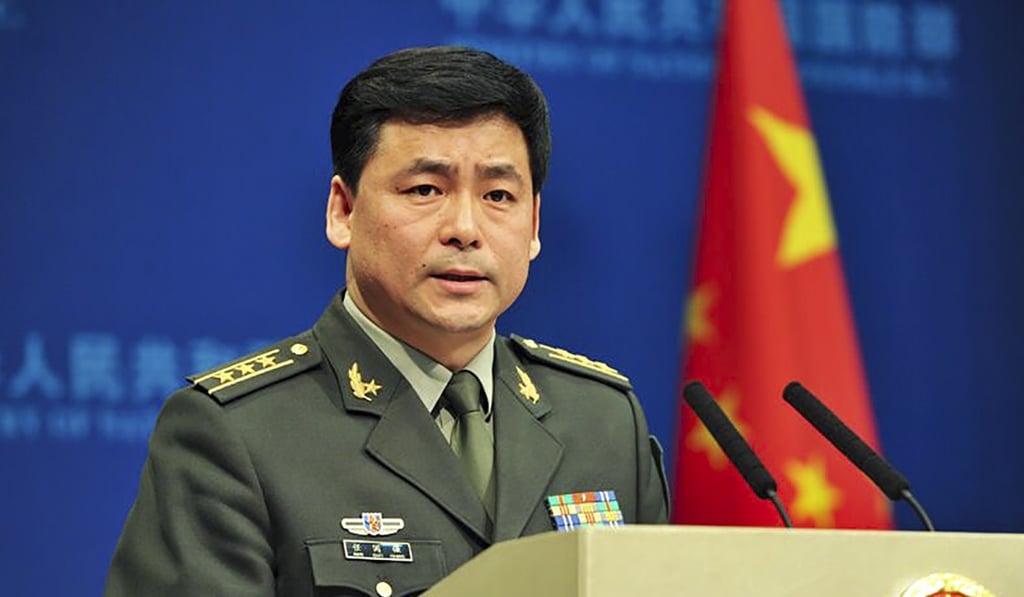Chinese military figures cast doubt on US plans to build more bases in Asia-Pacific
- US Defence Secretary Mark Esper says Pentagon wants to expand presence in region, but PLA strategists suggest countries may not want to sacrifice relations with China
- Beijing has already warned of countermeasures if American missiles are stationed in the region and the latest plans threaten to up the ante

Chinese military analysts have questioned whether the United States will be able to realise its plans to build more military bases in Asia.
Beijing has already reacted angrily to plans to base intermediate-range missiles in the region, saying it “will not stand idly by” if the US does so.
Ren Guoqiang, a spokesman from the Chinese Ministry of National Defence, said on Thursday that China was paying close attention to the latest US plans.
“The US side should be careful with its words and deeds,” Ren said. “China remains resolute in protecting our legitimate rights and interests, as well as peace and security in the region.”

US Defence Secretary Mark Esper announced the plans to deploy the missiles at the start of August, but upped the ante on Wednesday when he said the Pentagon wanted to invest in more bases in the Asia-Pacific region.